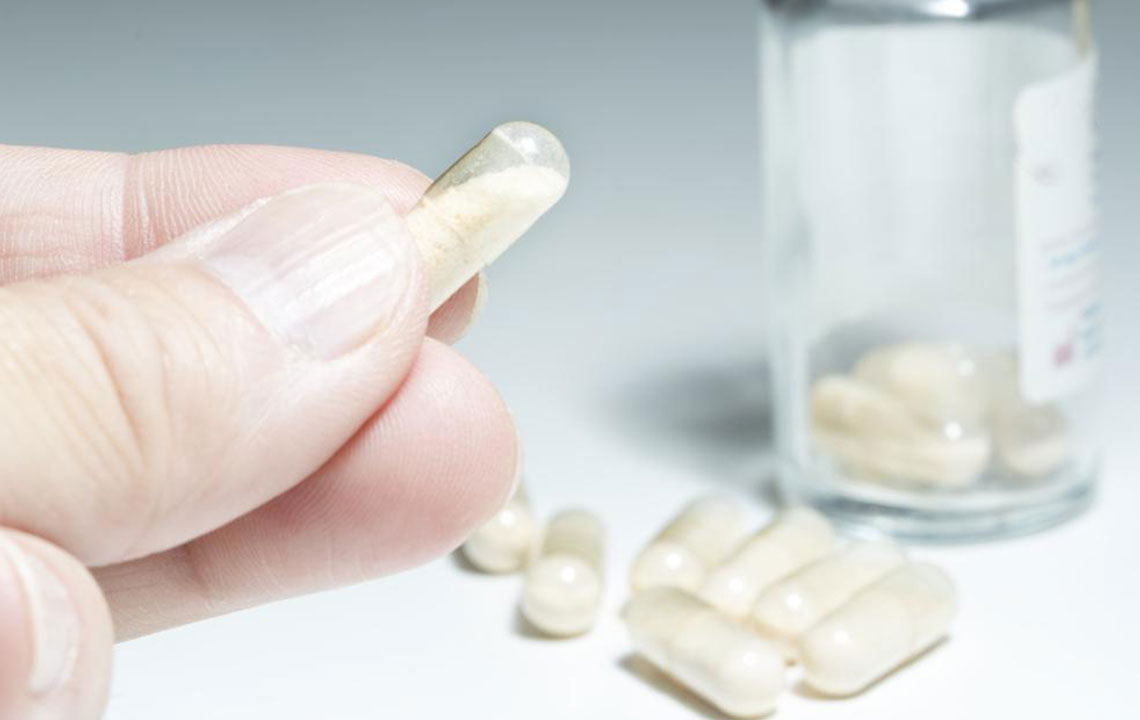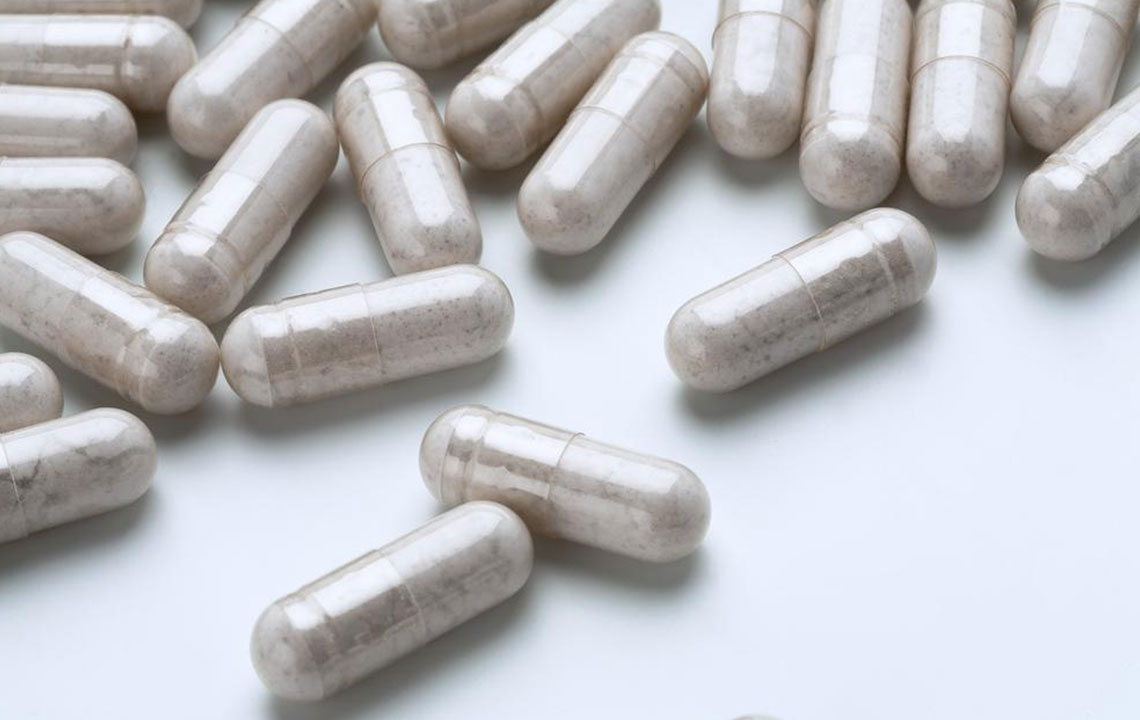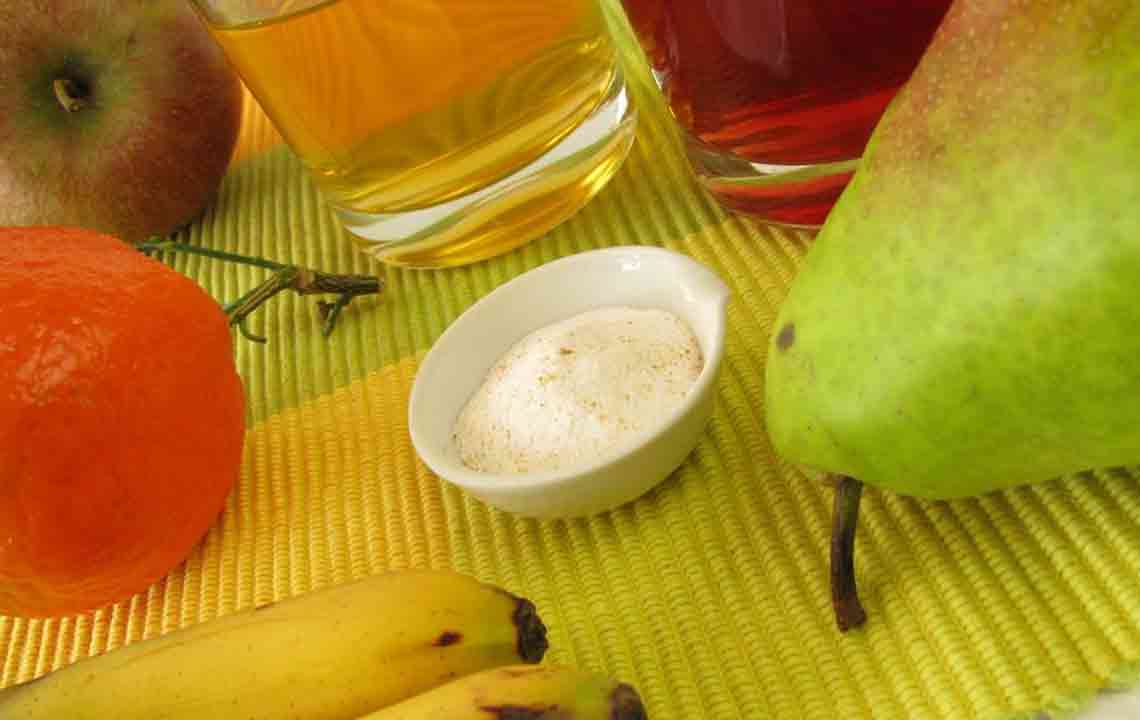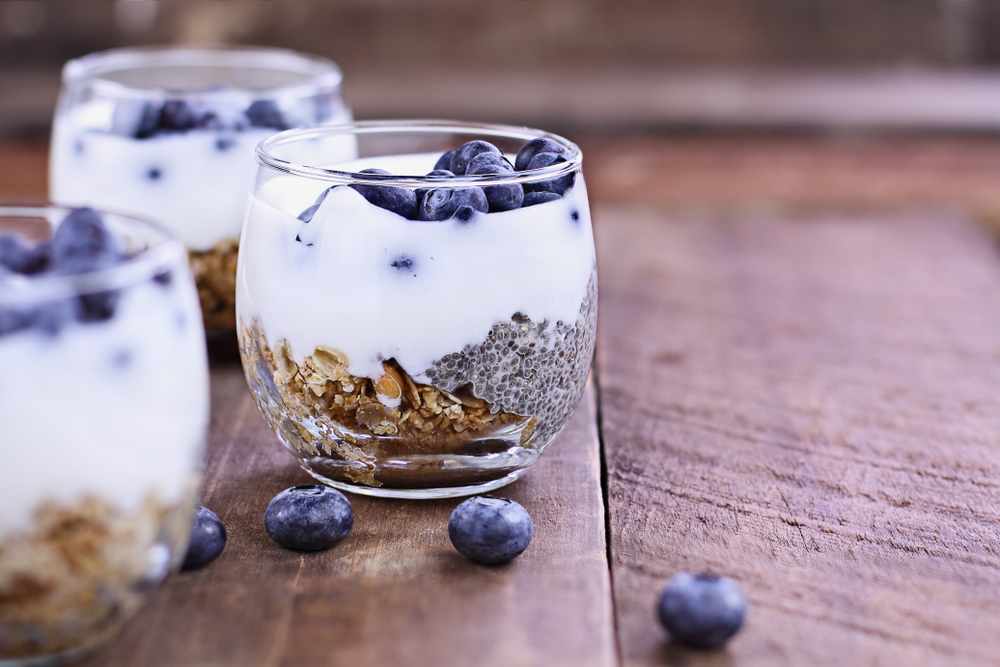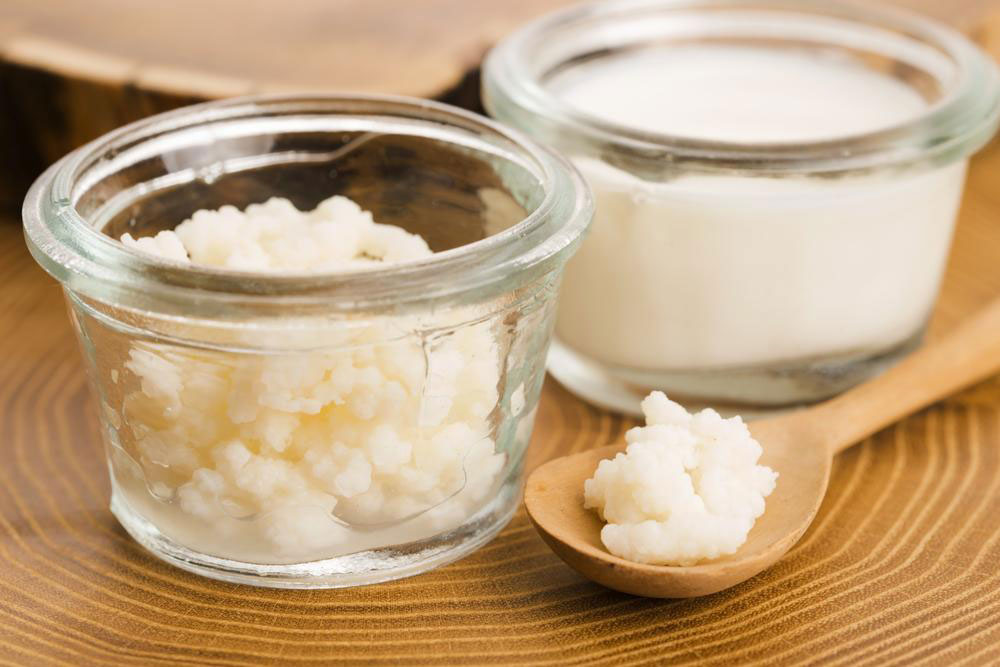Understanding the Different Types of Probiotics and Their Benefits
This article offers a comprehensive overview of probiotic types and their health benefits, especially for women. It explains key strains like Lactobacillus and Bifidobacterium, their roles in digestive and vaginal health, and available supplement forms. The content emphasizes the importance of choosing the right probiotics to prevent common issues like IBS, UTIs, and yeast infections, highlighting natural sources and supplements alike. Aimed at promoting well-being and informed health choices, it underscores consulting healthcare professionals for personalized advice.
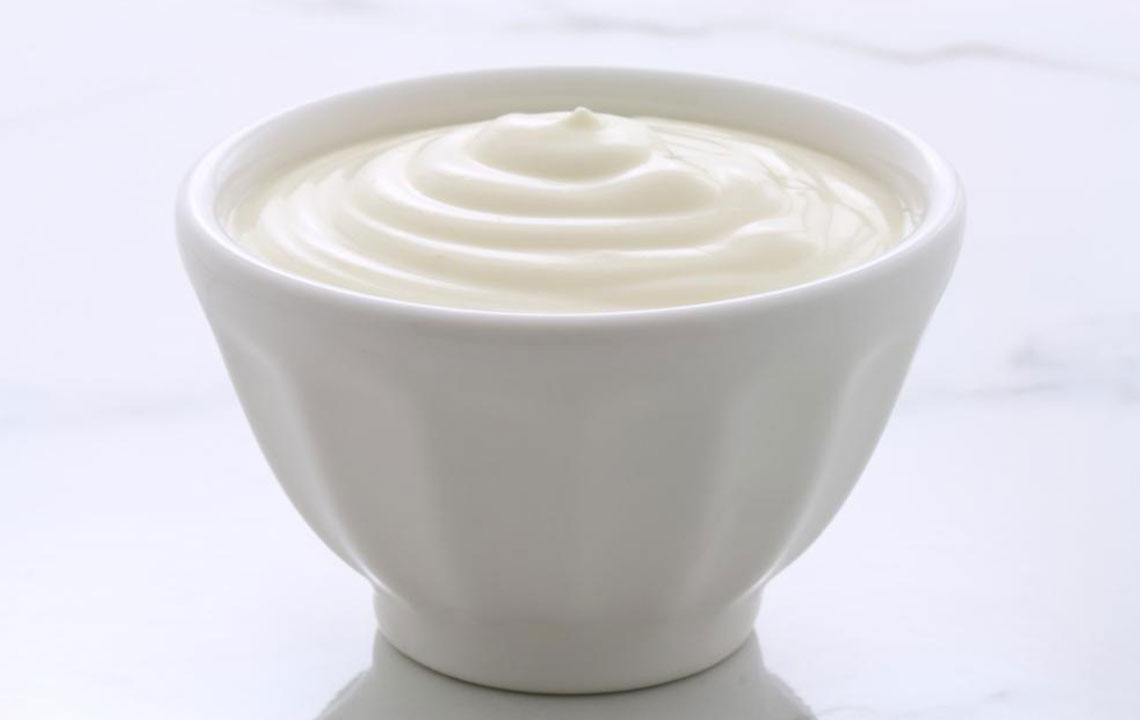
An Overview of Probiotic Variants and Their Health Advantages
Probiotics are beneficial microorganisms essential for maintaining overall health. They naturally reside within our bodies or can be consumed through certain foods and dietary supplements. These beneficial bacteria and yeasts can also be engineered through culturing techniques. While both natural and synthetic probiotics are safe with minimal risk, natural sources are preferred for their purity. The main types of probiotic bacteria include Lactobacillus and Bifidobacterium. They play key roles in supporting digestive health and preventing conditions like diarrhea, IBS, and IBD.
Beyond digestion, probiotics also aid in managing skin issues such as eczema, urinary and vaginal infections, allergies, colds, and oral health concerns. Selecting appropriate probiotic strains can benefit women's health significantly. Here are some important strains and their benefits:
Vaginal lactobacilli: These bacteria, like Gardnerella vaginalis, normally inhabit the vaginal lining. Maintaining their levels helps prevent bacterial vaginosis and vaginitis, reducing discomfort and unusual discharge.
Lactobacillus plantarum: Known to alleviate symptoms associated with irritable bowel syndrome (IBS).
Lactobacillus rhamnosus and Lactobacillus reuteri: These strains are effective in lowering the risk of urinary tract infections.
Women are often more prone to gut-related problems such as constipation and IBS. Incorporating probiotic supplements can reduce reliance on medication for these issues. Studies show strains like Lactobacillus plantarum can lessen abdominal discomfort, and Bifidobacterium lactis can help ease constipation. Additionally, probiotics support vaginal health by maintaining pH balance and preventing overgrowth of harmful microbes. An alkaline diet supplemented with probiotics is crucial for women’s health.
Probiotic options for women include:
Vaginal suppositories: These are inserted directly into the vaginal cavity to restore microbial balance, preventing yeast infections and other infections.
Dietary supplements: Oral capsules containing probiotics that help establish healthy bacteria within the intestines and beyond.

